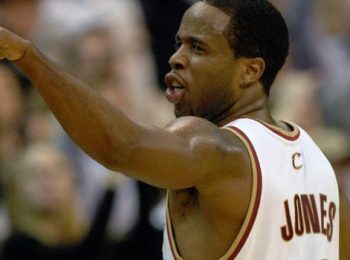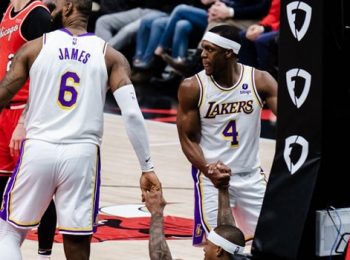The WNBA is set for its most ambitious expansion yet, officially announcing the addition of three new teams—Cleveland, Detroit, and Philadelphia—by 2030. The league, already preparing to welcome Toronto and Portland in 2026, will grow to 18 teams over the next five years, marking a significant milestone in women’s professional basketball.
Cleveland will join the league in 2028, followed by Detroit in 2029, and Philadelphia in 2030, pending final approval from the NBA and WNBA Board of Governors. All three franchises will be backed by NBA ownership groups, signaling deep institutional support and financial investment.
“The demand for women’s basketball has never been higher, and we are thrilled to welcome Cleveland, Detroit, and Philadelphia to the WNBA family,” said WNBA Commissioner Cathy Engelbert. “This historic expansion is a powerful reflection of our league’s extraordinary momentum, the depth of talent across the game, and the surging demand for investment in women’s professional basketball.”
Each expansion team paid a $250 million fee—five times the amount paid by Golden State for its team just a few years ago. In addition to these fees, the new franchises are expected to invest in infrastructure, including state-of-the-art practice facilities and training amenities.
Detroit Pistons owner Tom Gores celebrated the city’s WNBA return, stating, “This is a huge win for Detroit and the WNBA. Today marks the long-hoped-for return of the WNBA to a city with deep basketball roots and a championship tradition. Detroit played a key role in the league’s early growth, and we’re proud to reignite that legacy.”
Detroit’s new team will include minority ownership from local sports icons such as Grant Hill, Chris Webber, and Detroit Lions quarterback Jared Goff, bringing a star-studded lineup of support.
Cleveland and Detroit previously hosted WNBA teams—the Rockers and the Shock, respectively—and their ownership groups confirmed that those names are under consideration for revival.
“It’s such a natural fit that when you already have this basketball-related infrastructure,” said Nic Barlage, CEO of Rock Entertainment Group and the Cavaliers, highlighting how NBA affiliations will ease the transition for the new franchises.
The new Cleveland and Detroit teams will play in existing NBA arenas, while Philadelphia plans to build a new venue by 2030 to house its team.
Other cities like St. Louis, Kansas City, Austin, Nashville, Houston, Miami, Denver, and Charlotte also submitted bids but were not selected in this round of expansion.

























